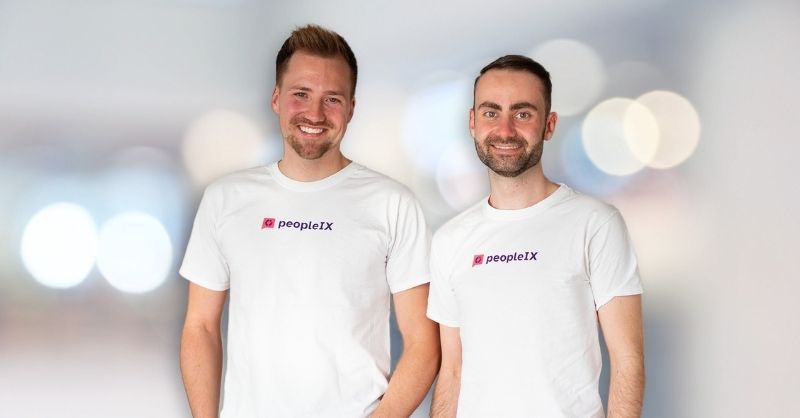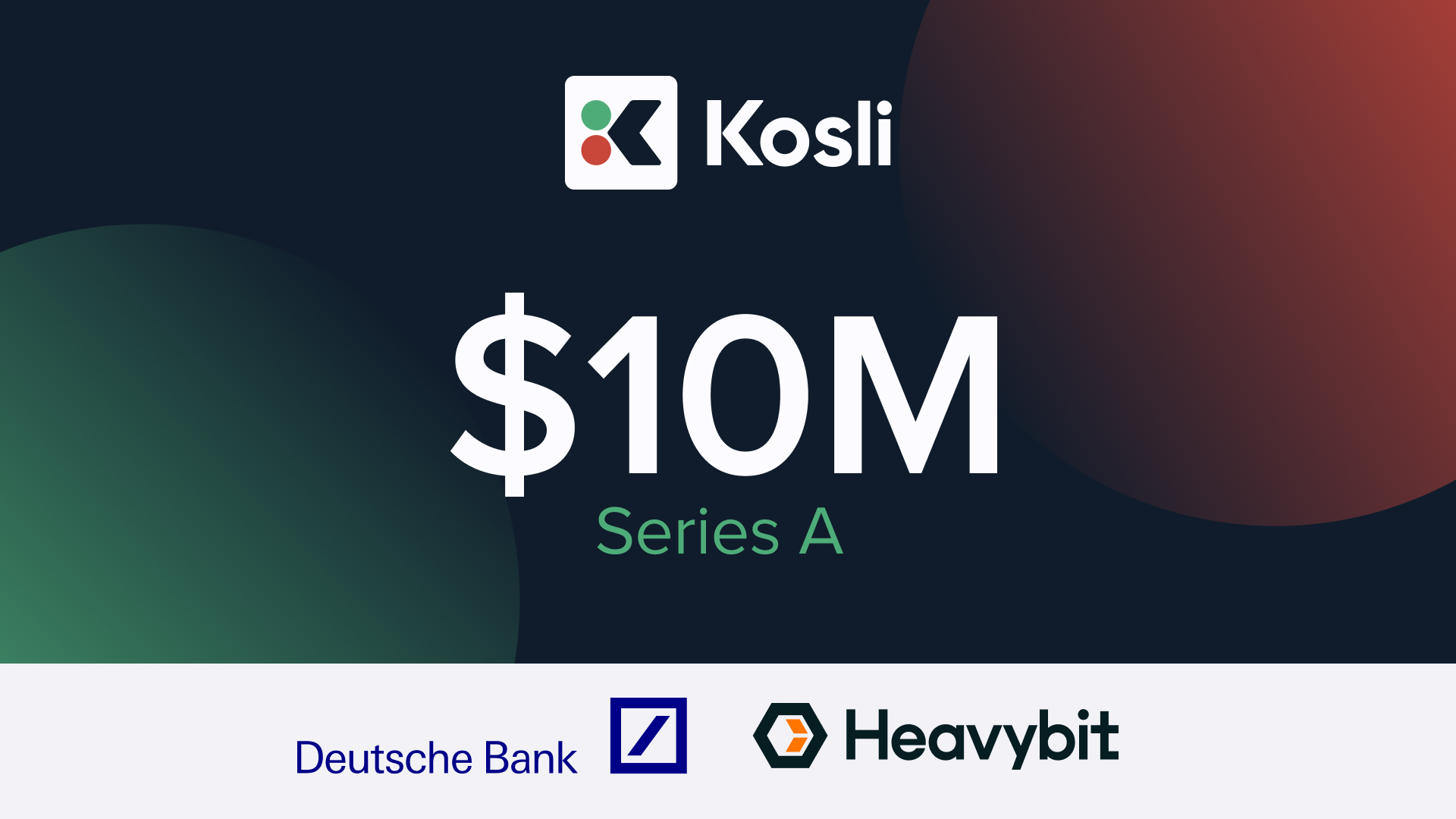Key Takeaways:
I. AI-powered predictive analytics enables organizations to forecast talent demand, identify skill gaps, and optimize talent acquisition strategies.
II. AI facilitates personalized learning and development programs, empowering employees to acquire in-demand skills and enhance their career trajectories.
III. Ethical considerations, including algorithmic bias and data privacy, are paramount in ensuring responsible and equitable AI implementation in workforce planning.
Elon Musk's SpaceX is reportedly considering a tender offer that would value the company at a staggering $350 billion, marking a significant increase from its $210 billion valuation earlier this year. This potential surge in valuation underscores the broader trend of AI-driven strategic workforce planning, which is rapidly transforming how organizations navigate the future of work. As businesses grapple with evolving skill requirements, talent shortages, and the rise of the gig economy, AI offers powerful tools for talent acquisition, development, and management. This article explores the multifaceted impact of AI on workforce planning, examining both the transformative potential and the critical challenges that organizations must address.
AI-Powered Insights: Optimizing Talent Acquisition Strategies
AI-powered predictive analytics is revolutionizing talent demand forecasting. By analyzing historical data, market trends, and business growth projections, organizations can anticipate future talent needs and proactively develop recruitment strategies. Machine learning algorithms identify patterns and correlations, predicting which skills will be in high demand and enabling organizations to target their recruitment efforts effectively. This proactive approach reduces time-to-hire and improves the quality of hires by ensuring that organizations have a pipeline of qualified candidates ready to fill critical roles.
AI algorithms analyze vast datasets of employee skills, performance metrics, and industry trends to identify current and future skill gaps. This analysis provides valuable insights into the specific skills that organizations need to develop or acquire to remain competitive. For example, AI can identify emerging technologies relevant to a specific industry and highlight the skills required to leverage those technologies effectively. This data-driven approach enables organizations to make informed decisions about training programs, reskilling initiatives, and targeted recruitment efforts.
| Year | Market Size (Billions USD) |
|---|---|
| 2024 | 23.35 |
| 2032 | 32 |
AI-driven platforms are transforming talent acquisition by automating time-consuming tasks such as resume screening, candidate matching, and interview scheduling. These platforms leverage natural language processing and machine learning to analyze resumes, identify qualified candidates, and match them with open positions. AI-powered chatbots conduct initial screening interviews, assess basic qualifications, and automate the scheduling of follow-up interviews with human recruiters. This automation significantly reduces time-to-hire and frees up recruiters to focus on higher-value activities such as building relationships with candidates and evaluating cultural fit. For example, Unilever reported a 50% reduction in hiring time using game-based assessments.
AI is also enhancing candidate assessment through game-based assessments and virtual interviews. These tools leverage cognitive and behavioral science to evaluate candidates' problem-solving skills, decision-making abilities, and personality traits. Platforms like Pymetrics use neuroscience-backed games to provide insights into cognitive and emotional intelligence, potentially identifying high-potential candidates who might be overlooked by traditional methods. These assessments can be particularly valuable in identifying candidates with strong aptitudes but lacking formal qualifications or traditional career paths. For example, studies show that candidates who perform well in these assessments are X% more likely to succeed in the role.
Bias, Fairness, and Transparency: The Ethical Imperatives of AI in HR
One of the most significant ethical concerns surrounding AI in recruitment is the potential for algorithmic bias. If the data used to train AI models reflects existing societal biases, the algorithms may perpetuate and even amplify those biases in hiring decisions. This can lead to discriminatory outcomes, unfairly disadvantaging certain demographic groups and undermining diversity and inclusion efforts. For instance, if historical hiring data shows a preference for male candidates in technical roles, an AI trained on this data might unfairly favor male applicants, even if they are less qualified than female applicants.
Transparency is paramount in mitigating bias and building trust with candidates. Organizations should be upfront about their use of AI in recruitment, explaining how algorithms are used to assess candidates and make hiring decisions. Providing candidates with insights into how AI evaluates their profiles can enhance fairness and allow for meaningful feedback. This transparency also enables organizations to address concerns about potential bias and demonstrate their commitment to ethical AI practices. For example, some companies provide candidates with a summary of the AI's assessment, highlighting the strengths and weaknesses identified by the algorithm.
Data privacy is another crucial ethical consideration. AI-powered recruitment tools often collect sensitive personal data, including information about candidates' skills, experience, personality traits, and even biometric data. Organizations must ensure that this data is collected, stored, and used responsibly, complying with data privacy regulations such as GDPR and CCPA. Robust data security measures are essential to protect candidate data from unauthorized access and misuse. This includes implementing strong encryption protocols, limiting access to sensitive data, and regularly auditing data security practices.
Addressing these ethical concerns requires a multi-faceted approach. Organizations must invest in developing fair and unbiased algorithms, ensuring diverse and representative training data. Regular audits of AI systems are necessary to identify and mitigate potential biases. Furthermore, establishing clear ethical guidelines for AI usage in recruitment and providing training to recruiters on responsible AI practices are crucial steps towards building a fair and equitable hiring process. Collaboration with ethicists and AI specialists can help organizations navigate the complex ethical landscape of AI-driven recruitment.
Adapting to the Algorithmic Workforce: Strategies for Success
AI is not intended to replace human recruiters but to augment their capabilities and enable them to focus on higher-value tasks. Recruiters can leverage AI-driven insights to make more informed decisions, identify top talent more efficiently, and personalize the candidate experience. The role of the recruiter is evolving from a primarily transactional function to a more strategic one, focusing on building relationships, providing guidance to candidates, and ensuring a positive and ethical hiring process. For example, recruiters can use AI to identify passive candidates who might not be actively searching for a job but who possess the skills and experience needed for a particular role.
The integration of AI in recruitment necessitates a shift in skillsets for recruiters. Expertise in data analysis, understanding of AI algorithms, and the ability to interpret AI-generated insights are becoming increasingly important. Furthermore, strong communication and interpersonal skills remain crucial for building relationships with candidates and ensuring a positive hiring experience. The future of recruitment lies in a collaborative partnership between humans and AI, where each leverages their unique strengths to optimize the talent acquisition process. Recruiters who embrace these changes and develop the necessary skills will be well-positioned to succeed in the evolving world of talent acquisition.
The Future of Work: A Human-AI Partnership
The integration of AI into workforce planning is revolutionizing how organizations acquire, develop, and manage talent. AI-powered tools offer unprecedented opportunities to improve efficiency, reduce bias, and enhance decision-making. However, the ethical considerations surrounding AI adoption demand careful attention. Organizations must prioritize fairness, transparency, and data privacy to build trust with candidates and employees. Ultimately, the future of work lies in a strategic partnership between humans and AI, where algorithms augment human expertise, not replace it. By embracing a balanced approach, organizations can harness the power of AI to build a future-ready workforce while upholding ethical principles and creating a positive and inclusive work environment.









